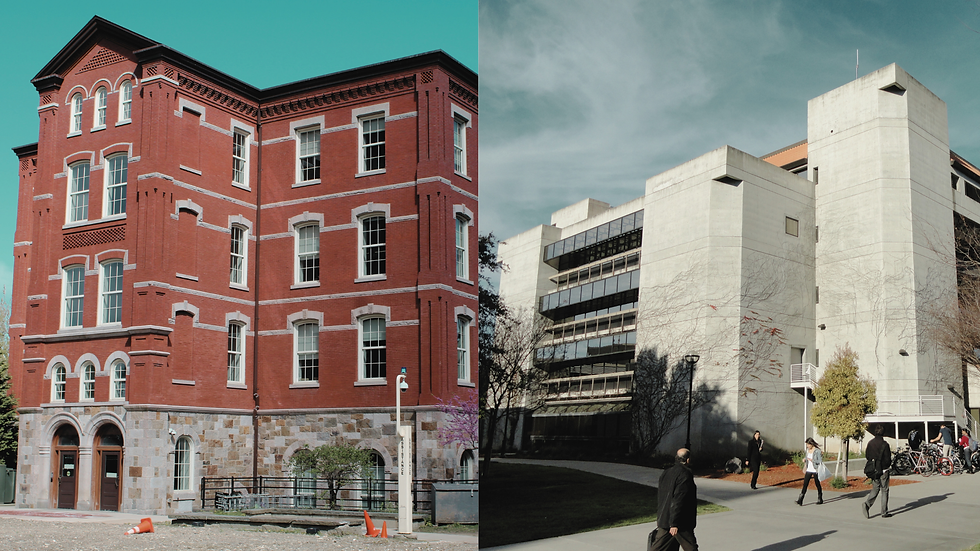Turkish Academic Faces Jail for "Terror Propaganda" Over Exam Question on PKK Leader
- Ebby Abramson
- Feb 2, 2016
- 2 min read
Updated: Mar 12, 2022
According to Hurriyet Daily News, Reşat Barış Ünlü, a professor of political science at Ankara University, faces seven years in prison for “terror propaganda” over an exam question that involved Abdullah Öcalan, the jailed leader of the outlawed Kurdistan Workers’ Party (PKK).

In the final exam of the course “Political life and institutions in Turkey,” Ünlü asked students to compare a 1978 leaflet by Öcalan with a more recent piece from 2012 in terms of its implications for Turkey’s Kurdish question.
“Compare Abdullah Öcalan’s 1978 leaflet ‘The Manifesto of the Path of the Kurdistan Revolution’ with his 2012 piece entitled ‘Democratic Modernity as the Construction of Local System in the Middle East’ with regard to their stances on concepts and phenomena such as colonialism, the nation-state, revolutionary violence and democracy,” the question stated.
Ünlü also asked his students to consider this comparison in terms of global and local changes since 1978, as well as transformations undergone by the Kurdish movement and in Kurdish society.
The indictment against Ünlü claims his question was an attempt to “legitimize” Öcalan’s ideas and amounted to “terror propaganda.”
The Dean of Political Science's office has sent its academic judgment to the court, stressing the importance of academic autonomy and freedom of expression.
The office reportedly reminded the court that academics focusing on the issue have discussed Öcalan’s writings many times.
The prosecutor in the case, however, is demanding seven years imprisonment for Ünlü, whose trial will be held at Ankara’s Second Criminal Court for Serious Crimes on February 3, 2016.
Endangered Scholars Worldwide condemns the Turkish government's jailing and threatening of scholars as doing so is in clear violation of human rights and academic freedom. The targeting of scholars and professors in the ongoing unrest is particularly distressing. It harms the entire global educational community by undermining universities' abilities to meet their educational, research, and social responsibilities.



